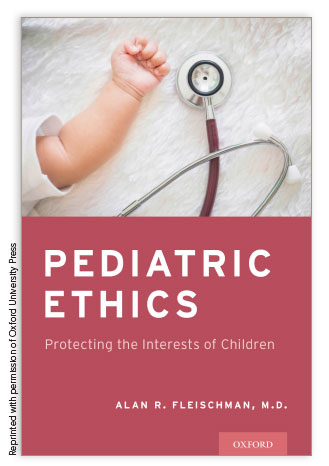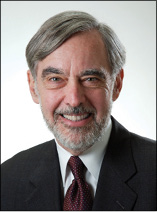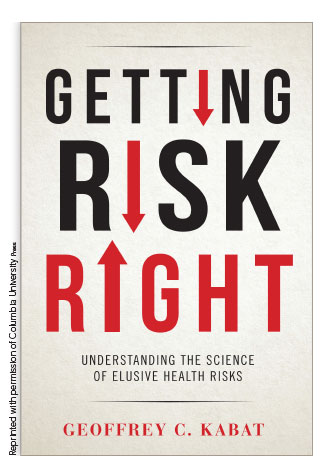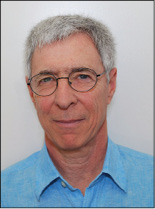
Error: No layouts found


Children Are Special” is the title of the first chapter of Pediatric Ethics, and it sums up the attitude of the author, who says he’s never met a newborn he didn’t like. Children are special also because, unlike adults, they can’t always verbalize their wishes and therefore can’t direct their own healthcare. Someone else must make decisions that may have long-term consequences for their lives.
Dr. Fleischman—a pediatrician, neonatologist, father and grandfather—sees the child as a complete person, which informs his take on some of medicine’s most painful situations: What is the obstetrician’s obligation when a pregnant woman whose membranes have ruptured refuses a cesarean section that could save her child’s life? When should a child be removed from life support? If the parents request it, should a doctor deceive a dying child by saying that a treatment has been successful?
Pediatric ethics “seeks to define parental and clinician obligations to children and most importantly attempts to protect the interests of children,” says Dr. Fleischman, who has been untangling ethical issues since he joined the faculty at Einstein and Montefiore in 1975 as a young assistant professor and later on as a professor of pediatrics and director of the division of neonatology. In this book, Dr. Fleischman covers ethical issues in caring for children, including a comprehensive chapter on research on children—an area in which he has particular expertise, having served on two Health and Human Services advisory committees and as an advisor on an Institute of Medicine committee on the subject.
Dr. Fleischman dedicates Pediatric Ethics to “countless patients and their families who have allowed me into their lives during times of serious illness and great distress.” Healthcare professionals and families with the authority and responsibility to make complex decisions for sick children will profit from the discussions in the book. And the children they care for will benefit from wiser and more thoughtful decisions made on their behalf. Published by: Oxford University Press, © 2016


Do cell phones cause cancer? Do vaccines cause autism? Will genetically modified foods modify us? What you read and hear might make you think so.
In Getting Risk Right: Understanding the Science of Elusive Health Risks, Dr. Kabat is the calm voice of reason, explaining how scientific studies get distorted en route to the newspaper, radio, Internet or TV screen—and how we, the audience, aid and abet the distortions.
Alarming news often has only a tenuous connection to evidence or logic, says Dr. Kabat. Reporters and the scientists they quote may, for example, overlook missing data or make weak connections. In the 1950s, statisticians pointed out that sales of silk stockings were highly correlated with cigarette consumption. Does buying silk stockings induce you to smoke? Of course not.
And people on the receiving end of the news tend to pay a lot of attention to things that pose little risk because they sound true and rouse our fear of disease and death. We fail to notice that people aren’t dropping like flies or that reports of a hazard are often followed by “corrections” finding the hazard doesn’t exist.
Dr. Kabat proposes an antidote: “We need to promote a model of what science is and how it operates at its best.” He lays out the basics and offers advice on recognizing faulty conclusions. In emphasizing the importance of addressing risks scientifically, he describes highly publicized cases (cell phones and cancer, the HPV virus and cancer, endocrine disruptors, a Chinese weight-loss herb that damaged kidneys) and whether the accompanying risk assessments were valid or bogus.
He ends with a dose of reality. “Research that uncovers new knowledge involves the painstaking process of formulating a hypothesis, obtaining meaningful data, ruling out artifacts and overcoming biases, comparing results from different research groups, and considering and excluding alternative explanations,” he says. Scientists must be willing to modify or reject a hypothesis if it conflicts with the evidence. In fact, they must accept that their work may turn out to be of no consequence at all.
As for the public, it’s our responsibility to develop a healthy skepticism when confronted by the latest scare story.
Published by: Columbia University Press, New York, © 2016